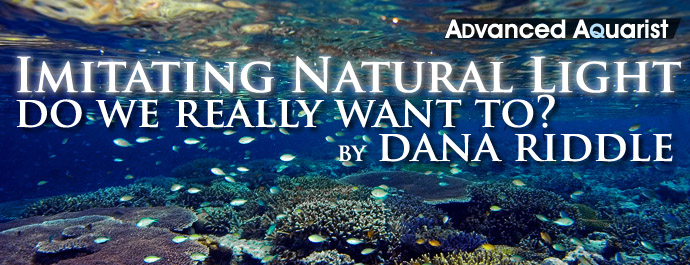Question :
Are there any characteristics of deepwater acro that make them vulnerable to changes especially in salinity (high salinity)?
- - - - - -
Hi, I am a Japanese aquarist who has just joined Reef2Reef.
There are few aquarists in Japan and not much information, so I joined Reef2Reef.
I have been breeding Australian deepwater acro for about a month.
The initial whitish areas have been repaired and the color has improved, but this morning RTN started.
I haven't had any problems with other acros, but this deepwater acro's RTN is serious.
I have been conducting weekly water tests and 1/10 water changes (based on Redsea's reef care program), and no major water quality changes have occurred for several months.
However, the salinity was a little high at 35.5ppt when I measured it this morning. (Normally it's between 34 and 35 ppt.)
Are there any characteristics of deepwater acro that make them vulnerable to changes especially in salinity (high salinity)?
There are several causes I suspect other than water quality, but I have a question about the characteristics of deepwater acro.
thank you.


Are there any characteristics of deepwater acro that make them vulnerable to changes especially in salinity (high salinity)?
- - - - - -
Hi, I am a Japanese aquarist who has just joined Reef2Reef.
There are few aquarists in Japan and not much information, so I joined Reef2Reef.
I have been breeding Australian deepwater acro for about a month.
The initial whitish areas have been repaired and the color has improved, but this morning RTN started.
I haven't had any problems with other acros, but this deepwater acro's RTN is serious.
I have been conducting weekly water tests and 1/10 water changes (based on Redsea's reef care program), and no major water quality changes have occurred for several months.
However, the salinity was a little high at 35.5ppt when I measured it this morning. (Normally it's between 34 and 35 ppt.)
Are there any characteristics of deepwater acro that make them vulnerable to changes especially in salinity (high salinity)?
There are several causes I suspect other than water quality, but I have a question about the characteristics of deepwater acro.
thank you.




















